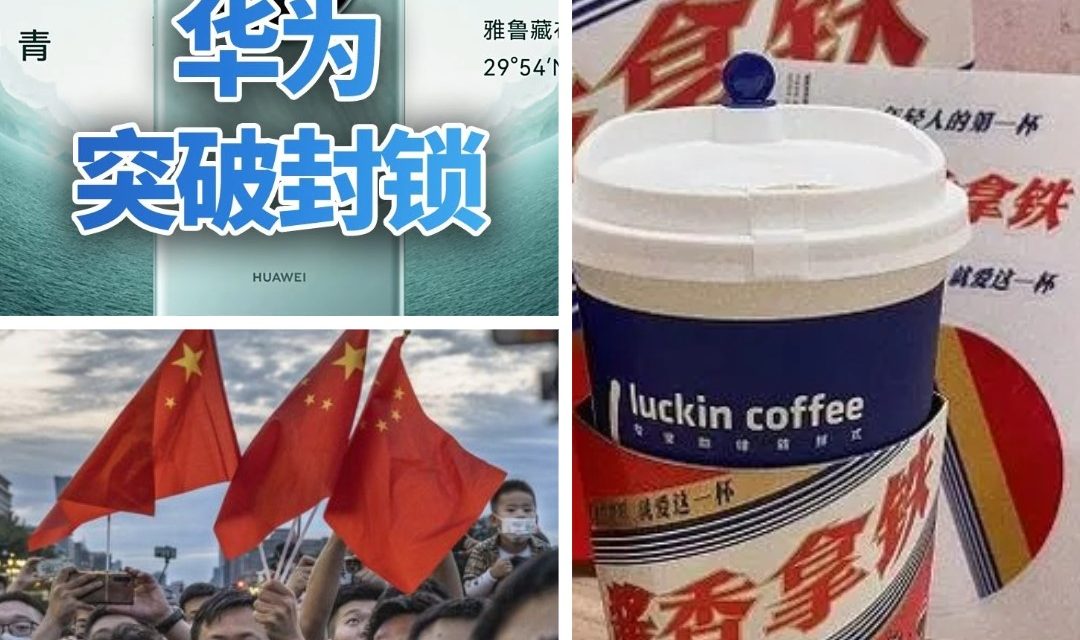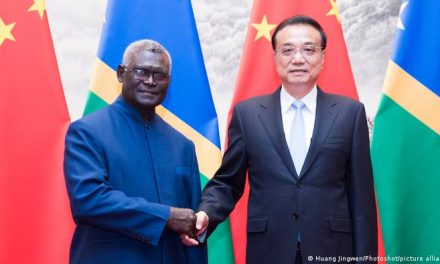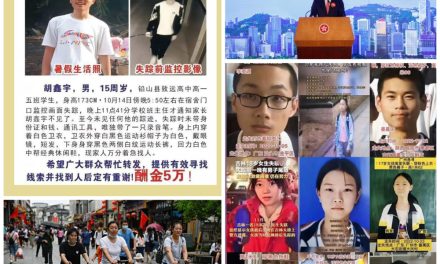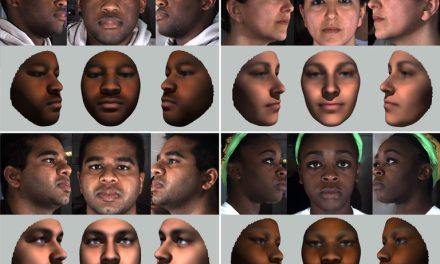China’s new “Public Security Management Sanction Law”
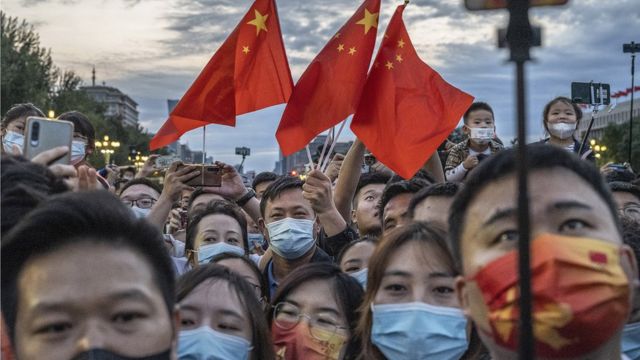
China is currently publicizing a draft of the “Public Security Management Sanction Law” that it’s in the process of revising, seeking public input.
According to Article 34 of the draft, paragraphs two and three indicate, “In public places wearing or forcing others to wear or display clothing or symbols that harm the spirit of the Chinese nation or hurt the feelings of the Chinese nation,” individuals can be detained for up to 15 days and fined 5,000 Chinese yuan (685 US dollars). However, the draft revision does not provide specific definitions for “harming the feelings of the Chinese nation” or “harming the spirit of the Chinese nation,” leading many legal experts and netizens to question and criticize the vague standards of this law. They wonder, “How can emotions be regulated by the law?” What exactly constitutes the spirit and feelings of the Chinese nation? If such vague definitions become law, it could potentially lead to the abuse of governmental power and transform into a new form of “pocket crime” [a Chinese term for laws that officials can take out of their pocket to cover any situation]. Some comments on Weibo even ask, “Does wearing a suit and tie count? Marxism also came from the West, does it harm the feelings of the nation?” Furthermore, major media outlets, law firms, and all lawyers have received notices stating that they are not allowed to comment freely on the revision of laws and regulations. Some Chinese lawyers privately say, “Any law that the Communist Party wants to pass will definitely pass. The so-called draft for public opinion is just a formality. Otherwise, it wouldn’t have been written. Whatever the Communist Party writes will definitely be passed.”
Huawei’s Chip Breakthrough
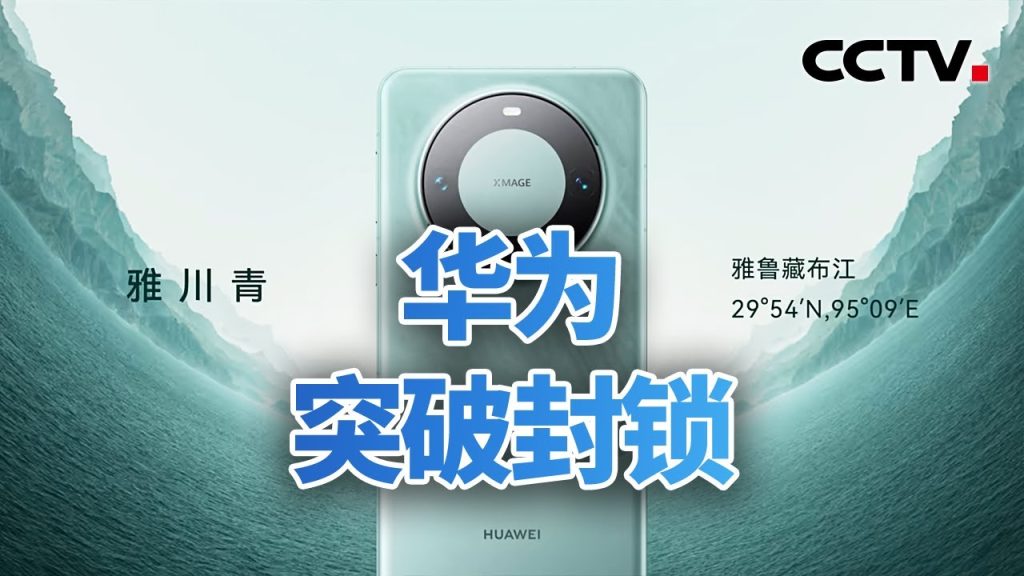
Huawei recently surprised everyone by quietly launching its latest high-end smartphone, the Mate 60 Pro, which has garnered widespread attention. Chinese netizens are ecstatic, feeling uplifted by Huawei’s successful breakthrough in the face of Western sanctions on high-end chips. The return of the Kirin 9000S chip is enough to invigorate every Chinese “heart/core”! Soon after, third-party technical analysis reports from the West pointed out that China is using Deep Ultraviolet (DUV) equipment for multiple patterning to produce 7-nanometer chips. This is an expensive technology that affects yield and costs and may involve some international business irregularities. Chip experts within China have also expressed similar views in their writings, but these articles were quickly blocked. The majority of Chinese people, without exception, were once again led by the Party’s propaganda to believe that being able to domestically produce 7-nanometer chips in China, without access to the most advanced EUV lithography machines, demonstrates the technological strength of China’s chip industry. In such challenging circumstances, the progress of China’s chip industry reflects its resilience. At the same time, for those nations attempting to restrict China’s access to key chip manufacturing technology, this poses a significant geopolitical challenge.
The Rise of “Sauce Fragrance Latte”
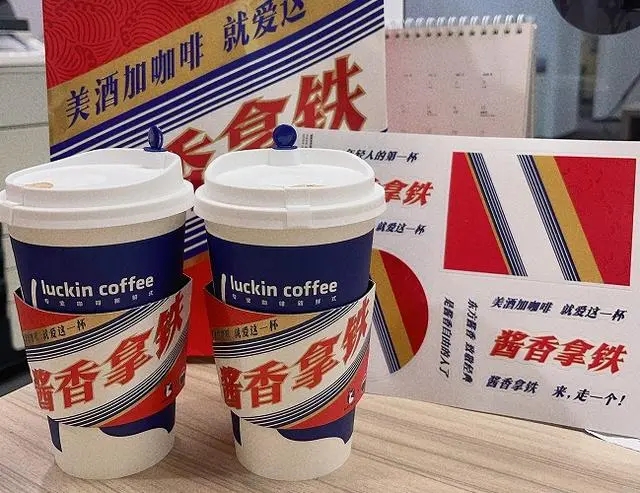
Recently, Luckin Coffee and China’s most famous liquor brand, Maotai, strategically collaborated to launch a “Sauce Fragrance Latte.” This unique beverage combines a thick milk with 53-degree Maotai liquor. The Maotai-themed paper cups and bags quickly took Chinese social media by storm, becoming a new fashion trend. The speed of market success of this coffee also broke records for Luckin Coffee, with sales exceeding 5.42 million cups on the first day and single-product revenue surpassing 100 million yuan.
In today’s China, where the CCP is vigorously promoting the awakening of Chinese heritage and the great rejuvenation of the nation, young consumers’ enthusiasm for domestic brands is on the rise, leading to the “Guochao” [made in China] trend. Data analysis from Pinduoduo shows that post-90s and post-00s consumers contribute to over 74.4% of the purchasing power toward the Guochao trend. In the current wave of domestic-product enthusiasm, the introduction of “Sauce Fragrance Latte” not only satisfies the younger generation’s demand for coffee flavors but also aligns with their pursuit of domestic brands. It has ignited consumers’ national pride and desire to make patriotic purchases.

